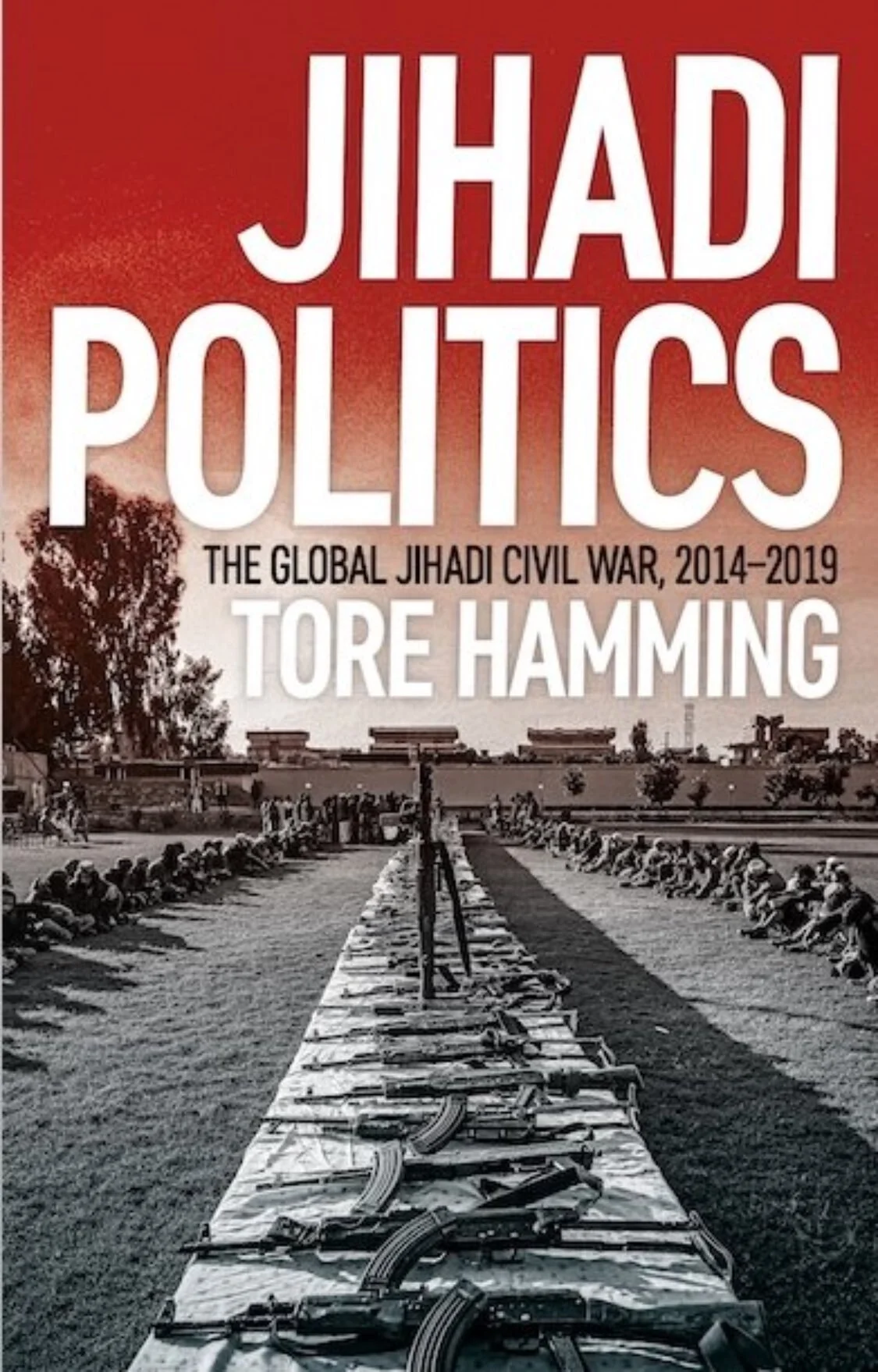Jihadi Politics: The Global Jihadi Civil War 2014 - 2019
Published by Hurst / Oxford University Press
In early February 2014, al-Qaida issued a statement that shocked the entire Jihadi movement. For the first time in its history, the group declared that a local affiliate, the Islamic State in Iraq, was no longer part of the al-Qaida network.
Months before, the renegade Iraqi group had expanded its operations to Syria in an attempt to take control over its regional branch, Jabhat al-Nusra, but in the process the group under the leadership of Abu Bakr al-Baghdadi directly defied orders coming from al-Qaida amir Ayman al-Zawahiri. Adopting an increasingly aggressive stance towards fellow Jihadis, the Islamic State’s actions and posture eventually ignited a Jihadi civil war, a period defined primarily by internal tensions and conflict, that over the years would turn global spreading from Syria to a range of other countries from Afghanistan to the Sahel. With devastating impact, this fitna has left the Jihadi movement more polarised and fragmented than ever before, seriously threatening its internal cohesion. But why do Jihadis time and again contest and target one another when so little sets them apart?
The book presents the first exhaustive account of internal conflict within the Jihadi movement. Based on years of digital anthropology, hundreds of primary documents, and interviews with Jihadis themselves, it provides an unprecedented glimpse into historic and current conflict dynamics between and within groups. Its thorough examination of the 2014 – 2019 period not only offers a more nuanced understanding of the current state of the movement, but it also enables a view into its future evolution.
